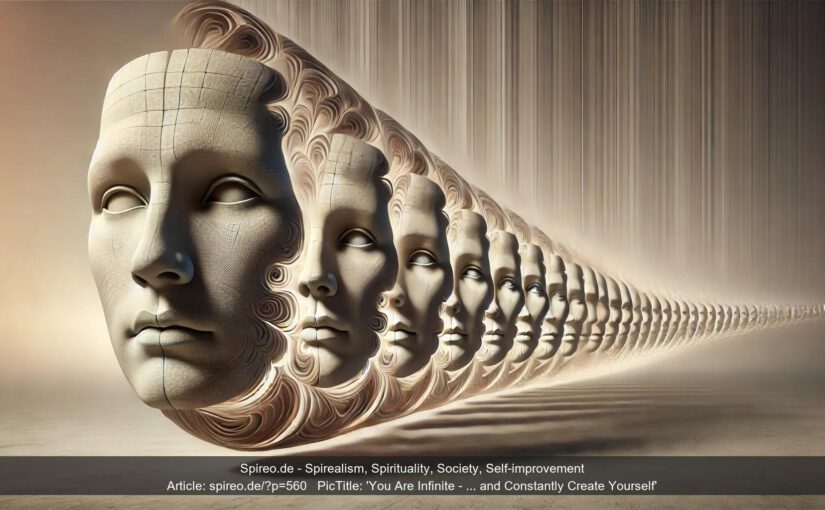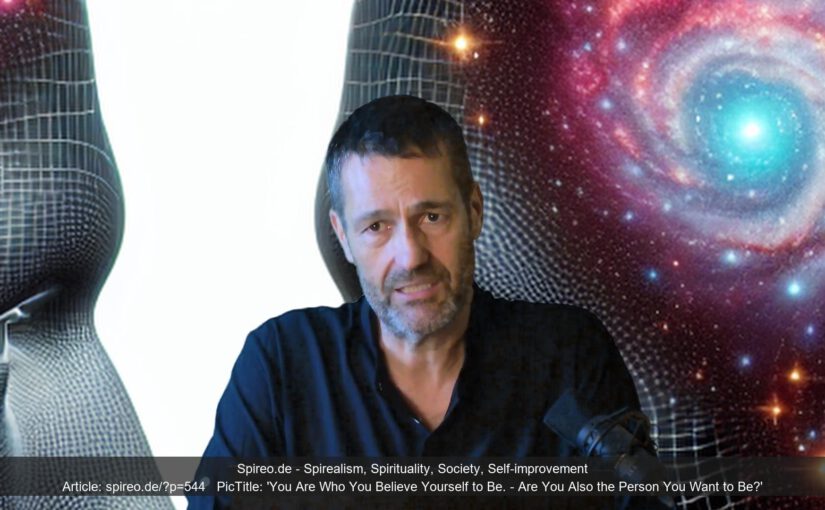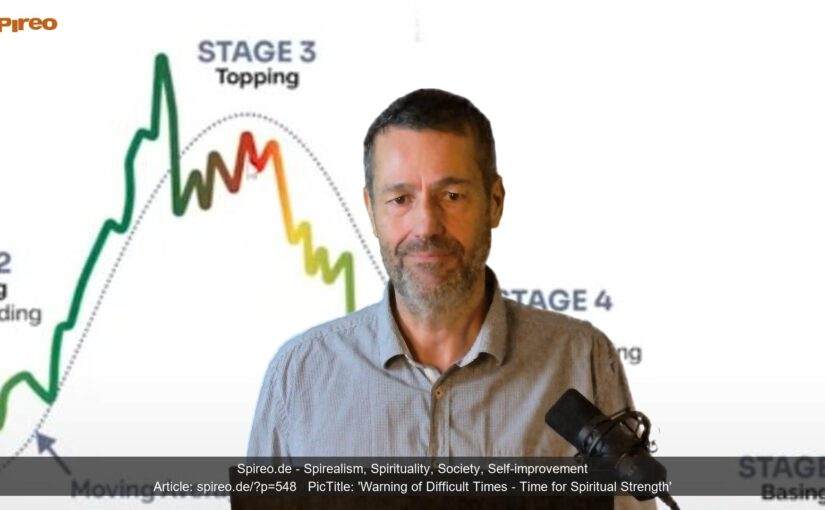Why Spirealism Is a Clear Philosophy
Spirealism is described as a clear and logical philosophy that provides answers to fundamental questions of existence. The distinction between matter and the thought of matter is emphasized as a core principle. This philosophy positions itself as a counterpart to spirituality, which is often perceived as vague and emotionally driven. Men who seek definitive tools find in Spirealism clear principles that offer tangible solutions.
Spirealism is based on the idea that all existence is rooted in thoughts and spiritual principles. This perspective contradicts materialism, which postulates the existence of matter as independent of the mind. But what if matter is just a theory? Spirealism offers an alternative foundation for thinking that can lead to new perspectives in both science and philosophy.
The 7 Principles of Spirealism
1. Mind as Origin: All existence is defined by thoughts and spiritual principles. Matter is a projection of the mind.
2. Independence from Matter: The world can be fully conceptualized without material assumptions.
3. Logic and Clarity: Spirealism emphasizes logical consistency and avoids the contradictions of materialism.
4. Freedom of Thought Worlds: Different universes and models of thought can exist in parallel, each with its own rules.
5. Continuity Creates Reality: Things that are consistently thought about or pursued tend to materialize.
6. Truth Is Relative: Spirealism acknowledges that there is no absolute truth; truths always exist within the context of a thought world.
7. Alternative Foundations: Spirealism can serve as a foundation for new scientific and philosophical approaches.
These principles form a coherent structure, making Spirealism a systematic and well-thought-out philosophy.
Thoughts, Reality, and Parallel Universes
A thought about matter can create matter, but without the thought, nothing remains. Spirealism describes a world in which reality is shaped by the mind. Like a computer running different programs, the mind creates diverse worlds with their own rules. However, these rules are not universal laws of nature but specific to their respective thought worlds.
This model allows for parallel universes, where each reality can exist equally alongside the others. The thought becomes the central building block of existence, while matter becomes a variable shaped by the mind. This perspective opens new possibilities for understanding the universe and the phenomena within it.
The Practical Application of Spirealism
Spirealism not only provides philosophical answers but also practical approaches to life. Continuity in thoughts and actions is a key principle: What is consistently pursued tends to materialize. This idea can be applied to many areas, from personal development to science.
Examples are easy to find: Those who exercise regularly become more athletic. Those who pursue sustainable career goals achieve greater long-term success. Spirealism encourages taking the power of thoughts seriously and using them consciously to shape reality.





